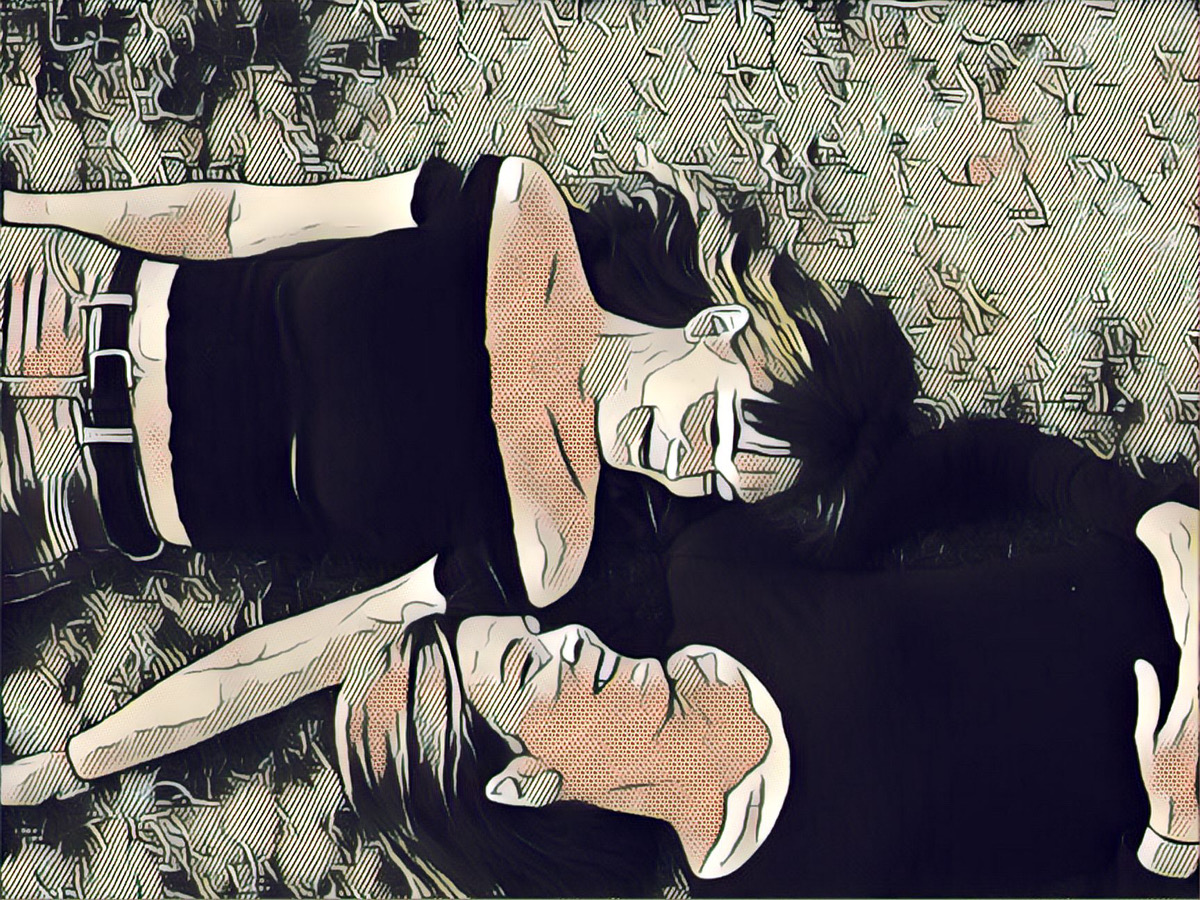This week on The Leak features an interview with Year 11 student Olivia on the state of menstrual education in highschools and what should change including the broader conversations around menstruation and menopause.
What is your current understanding of the value of quality menstrual education?
I think that while the school has provided some lessons about menstrual health, there is a general lack of knowledge about menstrual health in society, but especially among teenagers, which is problematic as half of all teens experience periods and the other half all know someone experiencing it. I think we get taught a lot about bleeding and ovulation, but not how this impacts people in terms of emotions and hormone release. I know a lot of young girls who feel like their symptoms are weird or that they act ‘crazy’, and this can be very isolating, especially when there doesn’t seem to be a reason why they feel this way. Many girls don’t realise how much a period can impact your day-to-day functioning, and resolve that there must be something wrong with them. I think there is a lot of work to be done in educating everyone, not only women and girls, about the effects of having a period, beyond the fact that it causes monthly bleeds. My friends and I have also noticed that there is a distinct lack of education about menopause, which, for me, is quite scary, as menopause has affected my mum and her friends in very significant ways. I had no knowledge (prior to my mum going through it herself) of the symptoms or even why it happened really. For some reason this area of menstrual health is glossed over or even ignored, which is very problematic, as the effects of menopause can be quite alarming if you don’t know when or why they happen.
When you consider the education you have received, and teacher-led conversations about periods and the menstrual cycle, what has been really helpful and/or interesting? And what else would have been beneficial?
This wasn’t a particular school program, but on one of the school trips (to Timber Creek when I was in Year 8), I remember Ms T getting all the girls together just to have a conversation about periods, and that was probably the most valuable educative experience about menstruation that I have received during school. I have talked to my friends about it and I know that we all felt it was incredibly helpful. I think that the open, casual dialogue gave us a space to ask questions without fearing embarrassment, and allowed the conversation to holistically cover periods beyond their basic function of preparing for pregnancy. Other school programs seem to focus entirely on how periods affect reproduction, but not how they affect the person having them, and I think this information is vital. If education about menstrual health addressed aspects like mood changes, managing symptoms, and the fact that menstrual health is a part of overall health, not just fertility, I believe it would be much more useful.
What education/conversations should boys, and other students who don’t and won’t have a period, receive about menstruation and the menstrual cycle? What understanding would you like them to have?
I think there is still quite a bit of stigma surrounding menstrual health. I think most boys my age understand what a period is, but think of it as some gross, taboo subject. I don’t think many of them view menstrual health as a regular part of healthcare, and this is problematic. I think more education needs to exist for non-menstruating people, so that having conversations about health is not embarrassing or ‘gross’. Lots of jokes are still made, and dismissive comments like ‘are you on your period?’ still passes as humour, which I think demonstrates that there is a huge knowledge gap that needs to be addressed with adolescent males. Ideally, boys would develop an understanding that menstrual health is simply part of physical wellbeing. With that understanding, I believe greater respect and empathy could be developed, making conversations about menstrual health more comfortable and normalised for everyone.
What would your ideal be for ongoing menstrual/cycle/fertility education, information delivery and conversations after secondary school?
I think the most obvious place to continue conversations about menstrual health is at University, as every person in every profession should have a basic understanding of menstrual and reproductive health. This could be delivered through optional workshops, health promotion campaigns, or embedded into broader wellbeing programs. Importantly, education should not only cover periods, but also topics like fertility awareness, contraception, endometriosis, polycystic ovary syndrome (PCOS), and menopause. Normalising these conversations in adult life would help people better understand themselves, support partners, colleagues, and friends, and reduce stigma across society.
Are you considering a career that may include delivering menstrual education or supporting menstrual health?
While I am not specifically considering a career in menstrual education I do see the value in supporting menstrual health as part of broader health and wellbeing roles. I plan to pursue a career in healthcare, and I believe having a strong understanding of menstrual health will help me advocate for others and contribute to creating more supportive environments. There are many reports of women’s pain being dismissed or minimised as “just period pain,” which can delay diagnosis of serious conditions such as endometriosis or PCOS. By prioritising education and awareness, I hope to play a role in changing this culture so that women’s health concerns are taken seriously, investigated properly, and treated with the same respect as any other health issue.

Olivia Beechey
Olivia is in year 11 at school and plans to pursue a career in rural medicine. She aspires to combine her passion for women's health with improving medical care in rural areas. Olivia enjoys rowing and musical theatre.


